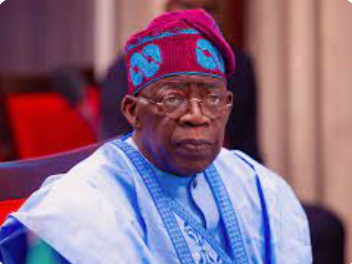
President Bola Tinubu has initiated a Presidential Economic Coordination Council consisting of 31 members, including himself, the Vice President, Senate President, and the Chairman of the Nigerian Governors Forum, among others.
In addition, Tinubu has formed a 19-member Economic Management Team Emergency Taskforce, tasked with meeting bi-weekly and presenting a comprehensive six-month economic intervention plan for 2024.
The Economic Management Team Emergency Taskforce received approval from the Federal Executive Council on Monday.
The directive from the President is for the plan, spanning the next six months, to be promptly executed within two weeks of the EET’s inauguration.
Comprising ministers, four governors, members of the economic management team, and representatives from the private sector, the EET is mandated to report to the Presidential Economic Coordination Council, led by Tinubu.
This council, comprising 13 ministers, the Central Bank of Nigeria Governor, Yemi Cardoso, and the Chairman of the Nigeria Governors’ Forum, Governor Abdulrahman Abdulrazaq of Kwara State, along with others, also includes 13 individuals from the organized private sector like Aliko Dangote and Tony Elumelu, who will serve for a year.
These developments follow the establishment of an economic advisory committee in February aimed at fostering collaboration between the federal government, sub-nationals, and the private sector.
Ten months into office, Tinubu’s administration ended petrol subsidies to redirect funds to infrastructure projects and unified foreign exchange rates to combat currency fluctuations.
While these decisions initially led to a volatile currency value and increased food prices, recent reports show a stabilizing trend, with the naira strengthening against the US dollar.
The move to set up the PECC and the EET underscores the government’s commitment to strategic economic planning and execution in addressing prevailing challenges.
The EET, chaired by the Coordinating Minister of the Economy and Minister of Finance, comprises key figures from various sectors who will collaboratively develop and implement an emergency economic plan to enhance economic resilience and growth.
With a focus on rapid implementation and continuous evaluation, the EET will work closely with the Economic Management Team, acting as a pivotal component within the newly established economic governance system.
In building a more robust economic management architecture for improved performance, these teams will complement existing structures such as the National Economic Council chaired by the Vice President.
